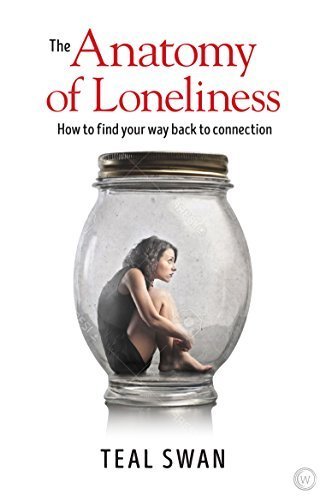What do you think?
Rate this book


273 pages, Kindle Edition
First published November 6, 2018
Promise me now...
Promise me always
That even as they strike you down with
myriad hatred and violence,
Even as they dismember and destroy you,
That no man can ever be your enemy.
The only thing worth anything is love;
Unconditional, invincible, limitless love.
One day when you face this world
Unburdened by the tyranny of
Fear and hate and greed
Your fellow men will behold you.
Across a thousand cycles of
Living and dying in full bloom,
Your joy will become eternal.
No sun or moon that ever rises
Will ever see it fade.